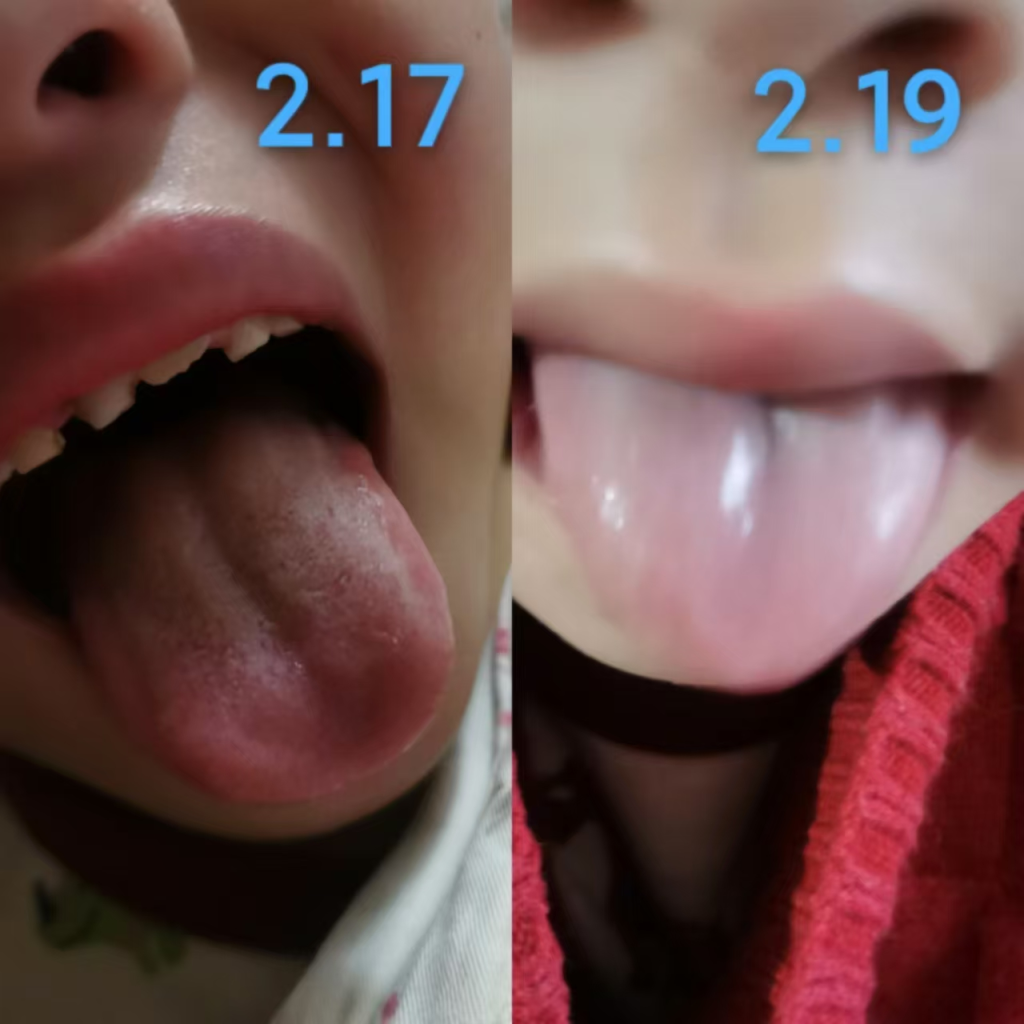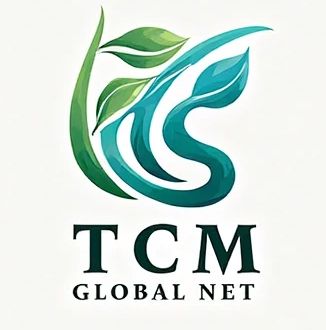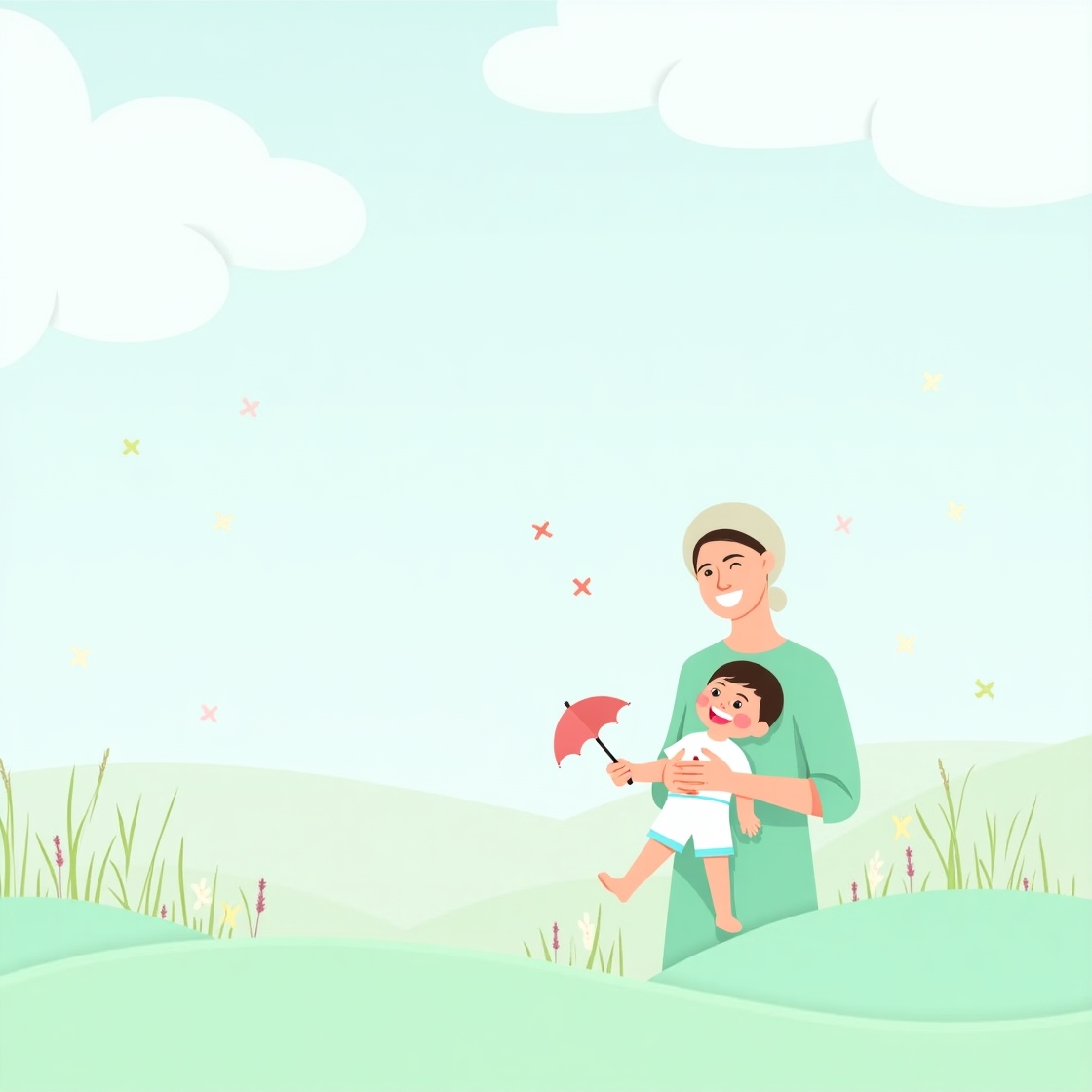I. Introduction: returning to the south, pediatric health challenges
The return to the south, also known as the "return to the tide", is a weather phenomenon unique to the southern region, with extremely high humidity in the air, posing a challenge to human health, especially children's health. As a parent, how to prevent and cope with children's illnesses effectively during this special period? In this article, we will combine Chinese medicine theories and real cases to provide you with practical guidelines for prevention and treatment.
Second, the expert introduction: Dr. Zhou Mie Ye's path of traditional Chinese medicine
Dr. Zhou has a wealth of clinical experience, specializing in the use of Chinese medicine thinking to analyze illnesses and focus on communication with patients and parents. She is pleased to find that more and more parents are paying attention to "treating the disease before it starts", i.e., taking proactive measures at the first sign of illness.
III. Case studies of common pediatric diseases in the returning south days
Case 1: Vomiting and pain all over the body in a child - external wind-cold, internal damp-heat
1. Symptomatic manifestations:
- The child experienced vomiting (3 times), headache, sore throat, and body aches. ,

2. Analysis of Chinese medicine:
- Etiologic Judgment:
- Non-stomach problems: Acute vomiting is usually associated with exanthema rather than organic gastric lesions.
- External wind-cold: The recent return to the south, the air humidity, children affected by moisture, spleen and stomach dysfunction, Zhengqi insufficient, and then attacked by wind and cold, resulting in disease attacks.
- Tongue analysis:
- Redness of the tip and sides of the tongue: Suggests external wind-heat, not internal injury.
- There are no obvious abnormalities in the tongue: Rule out internal injuries such as food accumulation.
- The tongue is depressed in the center: Suggests deficiency of the liver and kidneys, but the symptoms are not obvious.
- Disease Mechanism Analysis:
- Returning to the south of the day heavy humidity, the child's spleen and stomach is weak, affected by the dampness, manifested as loss of appetite, fatigue and so on.
- Further exposure to wind-cold, the cold enters the body, the pores contract, and internal heat cannot be dissipated, leading to fever, pain, and other inflammatory reactions.
3. Treatment programs:
- PCM Recommendations:
- Pediatric Chai Gui Antipyretic Granules:
- Component Analysis: Ingredients such as Chai Hu, Gui Zhi and Pueraria Mirifica have the effect of relieving exterior heat, diffusing and dispersing damp-heat.
- Applicable conditions: For symptoms such as fever, headache and vomiting caused by external wind-cold and internal damp-heat.
- Medication recommendations: Stick with it, don't panic even if your symptoms worsen, and keep a close eye on your condition.
- Pediatric Chai Gui Antipyretic Granules:
- Dietary Advice:
- Avoid foods that increase internal heat, such as spicy and greasy foods.
- Drinks that are well-digested and do not increase internal heat can be consumed.
4. Therapeutic effect:
- A day after taking the medicine, the child's symptoms improved significantly, vomiting stopped, and only a slight cough remained.
- TCM Explanation: Coughing is a sign that the body is expelling the disease, and cough suppressants are not recommended as they may hinder the expulsion process.
- Continue to take Pediatric Chai Gui Antipyretic Granules to help the body expel the illness completely.
5. Changes in the tongue:
- Fading of the red color at the tip and edge of the tongue suggests improvement.
Case 2: Weakness of the adult body - external dampness-heat
1. Symptomatic manifestations:
- A patient in his 20s presented with weakness, fatigue, and drowsiness.

2. Analysis of Chinese medicine:
- Etiologic Judgment:
- Similar to the child's case, it is also due to external damp-heat.
- Tongue analysis:
- White tongue coating suggests that Dampness is more important than Heat.
3. Treatment programs:
- PCM Recommendations:
- Pediatric Chai Gui Antipyretic Granules:
- Dose Adjustment: Adult dosage may be increased appropriately by taking 5 packets at a time, 3 times in a row, 10 minutes apart.
- Pediatric Chai Gui Antipyretic Granules:
- Therapeutic effects:
- One day after taking the medicine, the patient's symptoms improved significantly.
Case 3: Recurrent urticaria - Dampness-heat not yet cleared
1. Symptomatic manifestations:
- Recurring episodes of urticaria in children.

2. Analysis of Chinese medicine:
- Etiologic Judgment:
- Uncleared dampness and heat is the main cause of recurring conditions.
- It may be the result of a poor diet or another cold.
- Tongue analysis:
- Red tongue edges and white tongue coating suggest heavy Damp-Heat.
3. Treatment programs:
- PCM Recommendations:
- Pediatric Chai Gui Antipyretic Granules:
- Take two or three packets at a time, twice at night and again in the morning.
- Pediatric Chai Gui Antipyretic Granules:
- Therapeutic effects:
- One day after taking the medicine, the symptoms were significantly reduced.
IV. Summary and recommendations
- Determine the source of the disease: Distinguish between external and internal diseases; external diseases are relatively easy to treat.
- Capture the disease mechanism: Understand the root cause behind the disease rather than focusing on the symptoms alone.
- The San Jiao is the channel through which the body's qi, blood and fluids run, and the occurrence of diseases is closely related to the dysfunction of the San Jiao.
- Understanding the concept of San Jiao helps to understand the Chinese medicine feature of "different diseases treated in the same way", i.e. different symptoms can be treated in the same way.
- Tongue is an important basis for diagnosis in traditional Chinese medicine, reflecting the body's qi and blood, the function of internal organs and the nature of the disease.
- Parents should learn the basics of tongue signs to better determine their child's health.
- When faced with a sick child, parents need to remain calm and not be overly anxious.
- Actively cooperate with the doctor's treatment, provide timely feedback on the changes in your condition, and adhere to the completion of the entire course of treatment.
- Keep warm: Avoid getting cold, especially when the humidity is high during the return to the south.
- Dietary conditioning: Avoid cold, spicy and greasy foods, and eat more foods that strengthen the spleen and dispel dampness.
- Enhancement of physical fitness: Exercise appropriately and get enough sleep to boost your immune system.



Leave a Reply